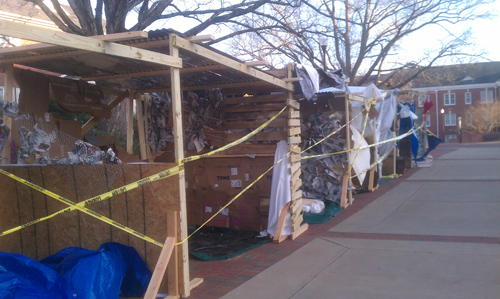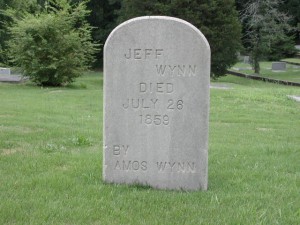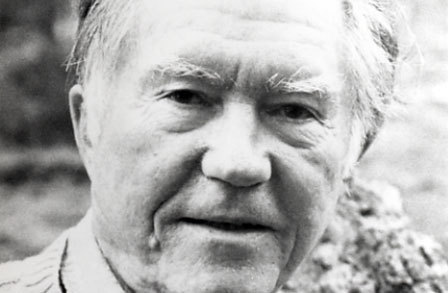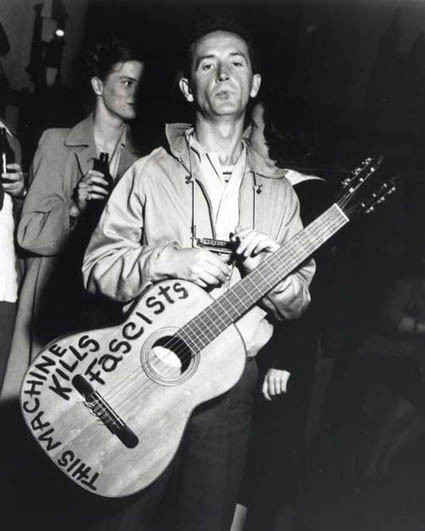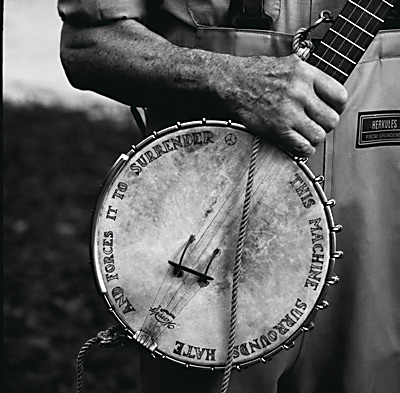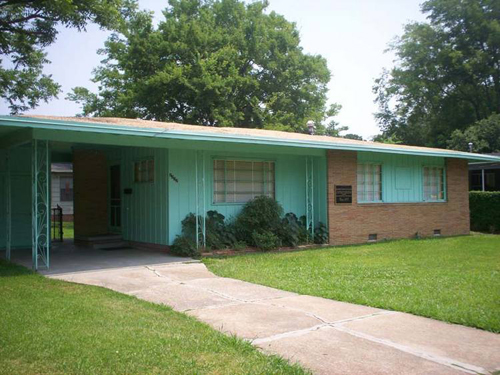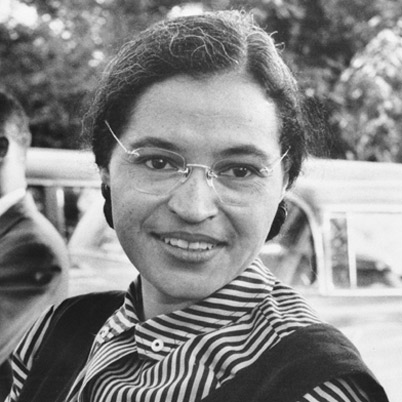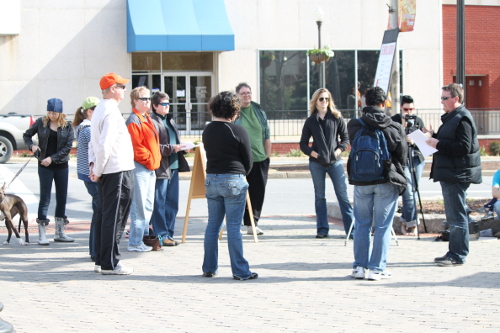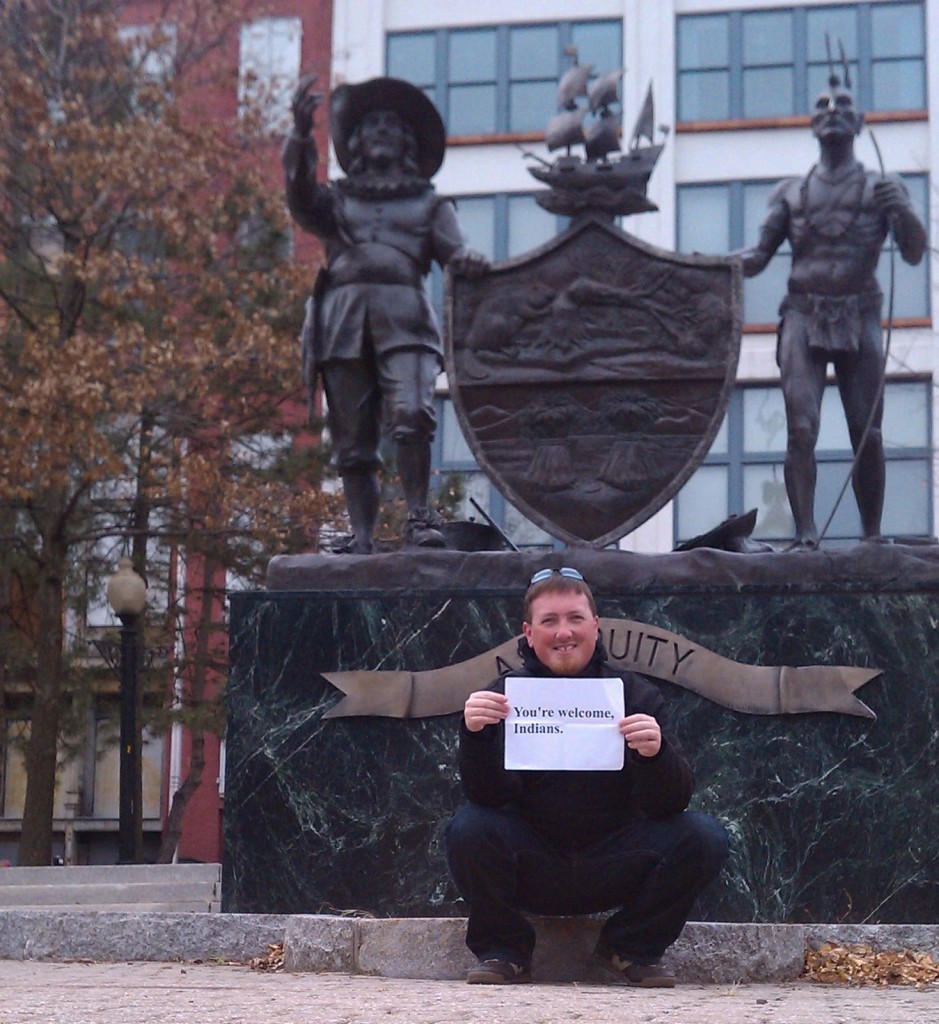[Note: This piece originally appeared on Page A6 of the March 28, 2013 edition of The Auburn Plainsman.]

Ain’t Gonna Play Slum City
Slum City is a row of makeshift shelters erected in front of Auburn University’s Student Center with the intention of showcasing poverty around the world. I believe the intentions of the builders of Slum City are honorable. I think they’re trying to do good work. But I believe they’re going about it the wrong way, for several reasons.
Poverty Over There Vs. Poverty Right Here
Several of the shelters have signs with country names — I saw India, Cambodia and Kenya. It was a very windy day and I thought some of the signs might have blown away, because the other shelters were unmarked.
One difficulty with the way the “city” is set up is that is suggests that poverty is something that happens to unfortunate people of color in far-off places. That’s particularly sad given that 1 in 5 people living in Lee County, Alabama — home of Auburn University — live below the poverty line. (The poverty line itself is a poor measure of quality of life. In 2012, the poverty line for a family of four was $23,000. So if you and your partner have two children and make $24,000, you live above the poverty line, but it sure doesn’t feel like it.)
All Of [Insert Country Name] Looks Like This
I’m also uncomfortable with the image this creates in the mind of the public that, for example, “Kenya” equals “slum.” This reinforces the stereotypical image of the “Dark Continent” as a place of poverty, savagery, lack of technology. But have you ever seen photos of Nairobi? It looks like any modern American city. The same is true for Phnom Penh, capital of Cambodia.
Hear me clearly: I do not mean to suggest that poverty is not real in these places. I’m simply pointing out that labeling a cardboard hut “Kenya” or “India” or “Cambodia” is too simplistic and misleading.
Why Are Poor People Poor?
In large part, it’s because of us. Look at what we wear. If you took off everything you’re wearing that was made in a far-off country with poor labor standards, would you be reading this naked? I know I’d be writing it that way. The reason I can buy work shirts for $9.99 each at a chain store is because someone suffered to make them.
The same is true for our food. How can a fast food place sell five tacos with meat in them for $1 if someone down the production line isn’t being paid far below a living wage?
The cars we drive, the gas that powers them, the clothes we wear, the food we eat, the elements in our smart phones and laptops — these all come from the labor of people without whose poor compensation we’d be paying much, much more.
False Distance
The effect of Slum City, in my opinion, is to create a false distance between the observer and the observed. Surrounded by multi-million dollar buildings, with a Starbucks and a Chick-fil-A just a few feet away, it’s easy to feel like this is a museum exhibit or a look at something with which the viewer has nothing to do. That’s just not true. We’re able to live the way we live because other people live in places like Slum City. And even engendering feelings of “gosh, this is horrible, those people must be suffering,” isn’t enough, unless those feelings are tied to concrete action.
OK, So What Do We Do?
As students and community members, the main thing we can and must do is ask how to craft better campus policies to confront some of these realities. This could cover everything from the paper used to the food served to the way employees are paid. These questions aren’t easy to ask, and they’re not easy to answer, either. The people who run the university have a budget to answer to and they don’t have complete freedom to change course. But working together, there are ways to make changes that could mean a real difference in people’s lives.
Moreover, it’s time to stop thinking of poverty as something that happens far away. For example, how many Auburn students and staff qualify for food assistance? Do they receive it? If not, let’s help them register for programs such as SNAP (the Supplemental Nutrition Assistance Program).
I encourage you, as you explore these questions, to adopt the solidarity model. Go to the communities you think might need help and ask them what they need. Don’t assume. Don’t swoop in to “save” people. Figure out how to help with the plans these communities already have and the work they’re already doing.
Good Intentions
Again, I believe the people who built Slum City thought they were doing the right thing. But poverty is a systemic issue, not a set of random circumstances. And it starts right here at home, with our actions and with the lives of our neighbors, rich and poor. Let’s take down Slum City and start building a better community right here, right now.
(By the way, for those of you younger than I am, the title of this piece is a reference to “Sun City,” a song from the anti-Apartheid era.)


